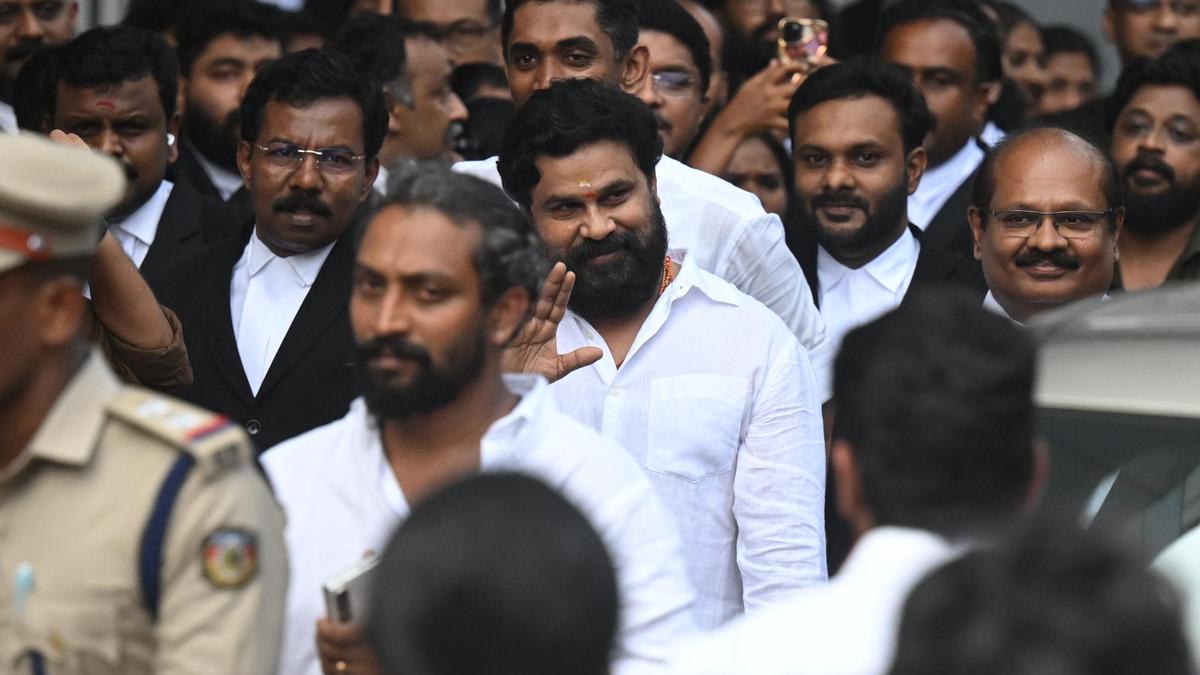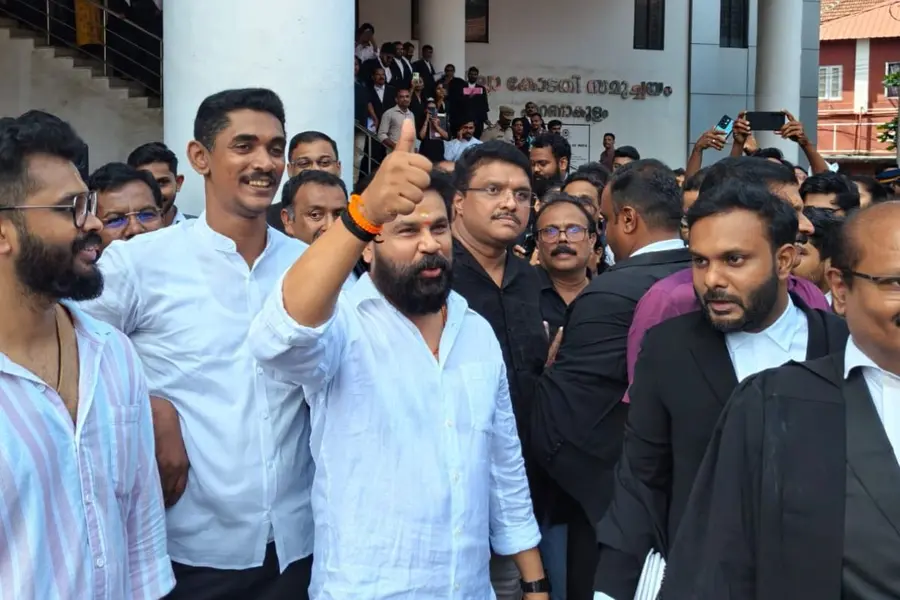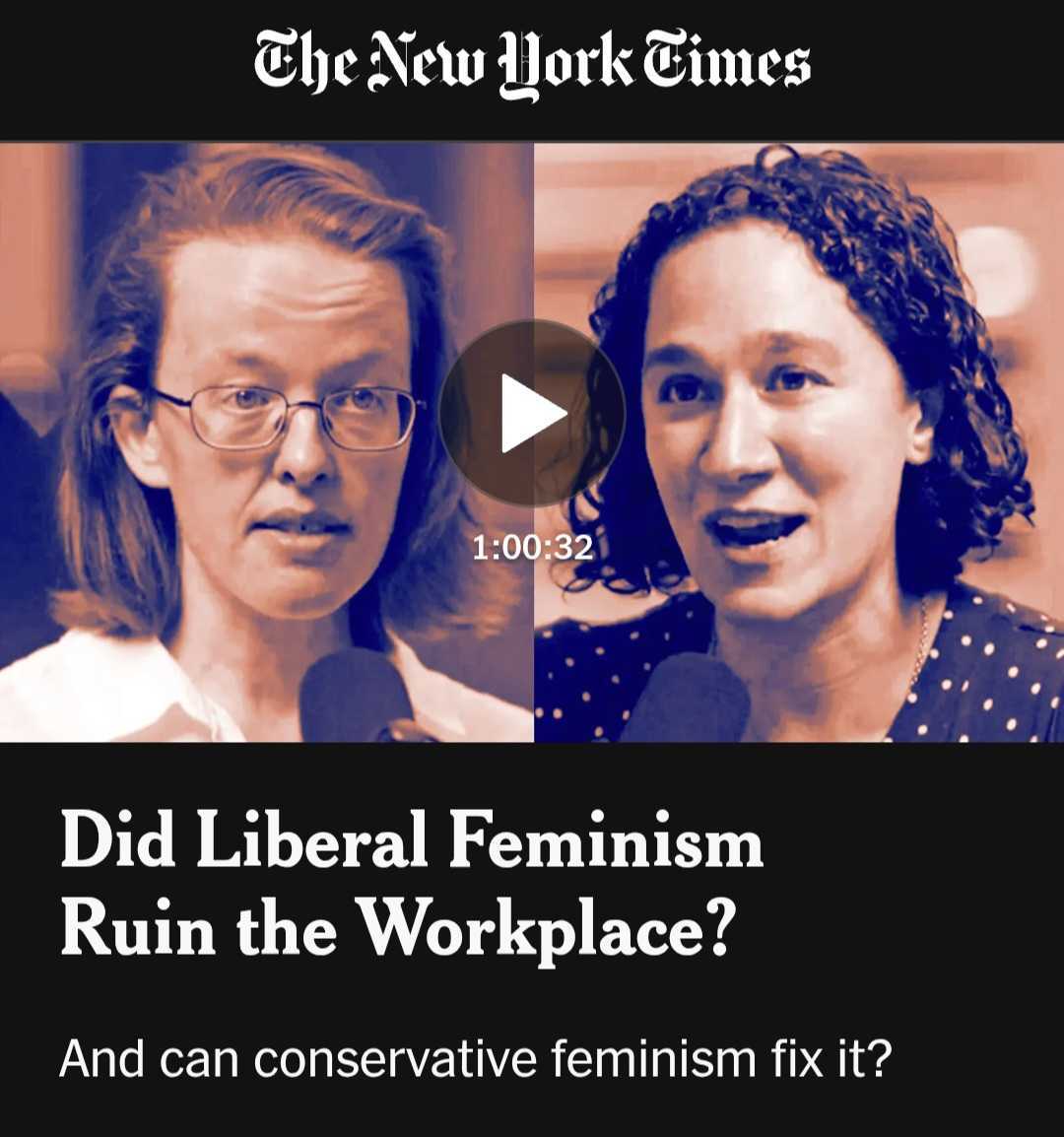The J&K State Cabinet recently accorded sanction to the adoption of the state sponsored social assistance scheme titled ‘State Marriage Assistance Scheme for Poor Girls’ (SMAS), under which eligible girls will receive one-time financial assistance of Rs 25000 and cost of 5 gm of gold from the competent authority as provided in the scheme.
It is difficult to fathom the number of ways in which this is flawed and the fact that it has been excerpted from a news report makes it even worse.
First things first, coming up with schemes that provide such a kind of assistance just reiterates for the rural women and their families that nothing other than marriage is really the purpose of their life. It is amusing how education is considered completely and casually out of the picture for rural women.
Now, I would like to reflect on the kind of language used by the reporter in the news report. It might seem a trivial issue to many but I believe it is about time we start taking language seriously. On the one hand, the report suggests that only females “above 18” are “eligible” and on the other, goes ahead to refer to them as “girls.” They are women, for God’s sake. Stop infantilizing grown up women and referring to them in such a patronizing manner!
Moving on to the larger issue, it is a scheme for providing “assistance” to women that we are talking about. Why are women always considered as a people who require “assistance”? The initiative for supporting women from less privileged sections of the society seems fair; after all, people go out of their way to spend on wedding ceremonies and buying gold. But why should the government provide them gold? The exchange of gold in marriages is the most regressive and sordid practice when it comes to weddings in Kashmir and in other parts of the country as well.
The exchange is common across all sections of the society. It could just be a subtle form of dowry exchange. There has to be gold for the bride (preferably from Dubai or Saudi Arabia, which obviously costs a lot), then there is the mother in law, the sister-in-law, any woman related to the groom and the groom, of course. I fail to understand the need for government intervention as an encouragement of this practice in the form of some amounts of gold offered to the women through this scheme.
It is just another way of accepting and caving in to the obsolete gendered power equation in weddings, further reinforcing that women ought to have gold at the time of wedding. Or maybe, the possession of gold makes a woman more ‘eligible’ for marriage for a lot of people. Whichever the case may be, this scheme cannot be justified because providing gold is in no way of empowering or emancipating women. It just sends out the idea that women lack something because they are women and thus need to provide a compensation for the same.
I would also like to mention that this is another case where patriarchal and sexist schemes like this show what patriarchy does to men (heteronomartive weddings, of course!). Technically, a marriage involves two people and both parties shell out some money on weddings. Is it okay to ignore the rural men and completely keep them out of this? Why is it assumed that the twisted connection between marriage and money just applies to women? Aren’t there any men who are not able to get married because they do not make enough money?
Featured Image Credit: The Malaysian Times
About the author(s)
A teacher and a learner.



